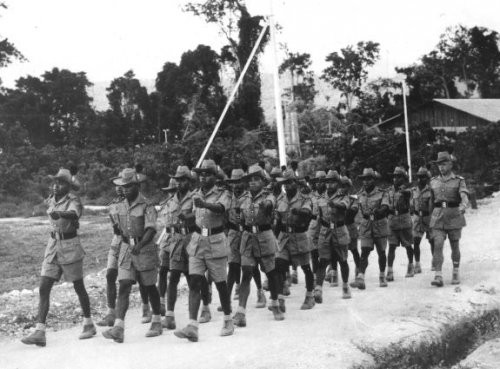
After four years of fighting to reclaim Indonesia, the Dutch finally agreed to leave. However, there are a number of issues that were still being debated at the Round Table Conference; who should pay the Dutch East Indies' foreign debt and the status of the territory of West Irian (Papua).
Less than eight years after the Dutch military left, conflicts over Papua have resurfaced. The Indonesian government expelled the Dutch in Indonesia and took over Dutch companies in Indonesia because the Dutch refused to hand over Papua. The Dutch insisted that Papua was not part of Indonesia because the people were very different in terms of race. Meanwhile, the Indonesian side considered that the entire former territory of the Dutch East Indies was Indonesian territory.
Entering the 1960s the conflict escalated into a military conflict. Indonesia prepared troops to invade Papua, while the Dutch were preparing to welcome the attack. The Dutch also trained Papuan youths to fight against Indonesia. The Dutch promised independence for Papua, and some Papuan youths were very excited about this idea.
The photo above shows the training activities undertaken by Papuan youths in February 13, 1962. Dutch trainers train Papuan youths with basic military training so that at least they can be quickly mobilized in the event of an attack from Indonesia.
Even though Papua finally joined Indonesia, the seeds of the desire for independence continue to grow in the hearts of some Papuan people to this day. Armed resistance is still common in Papua, asking for independence. Indonesia certainly refuses to let go of the region which is very rich in natural resources, and chooses to deploy the military to overcome the problem.
Comments